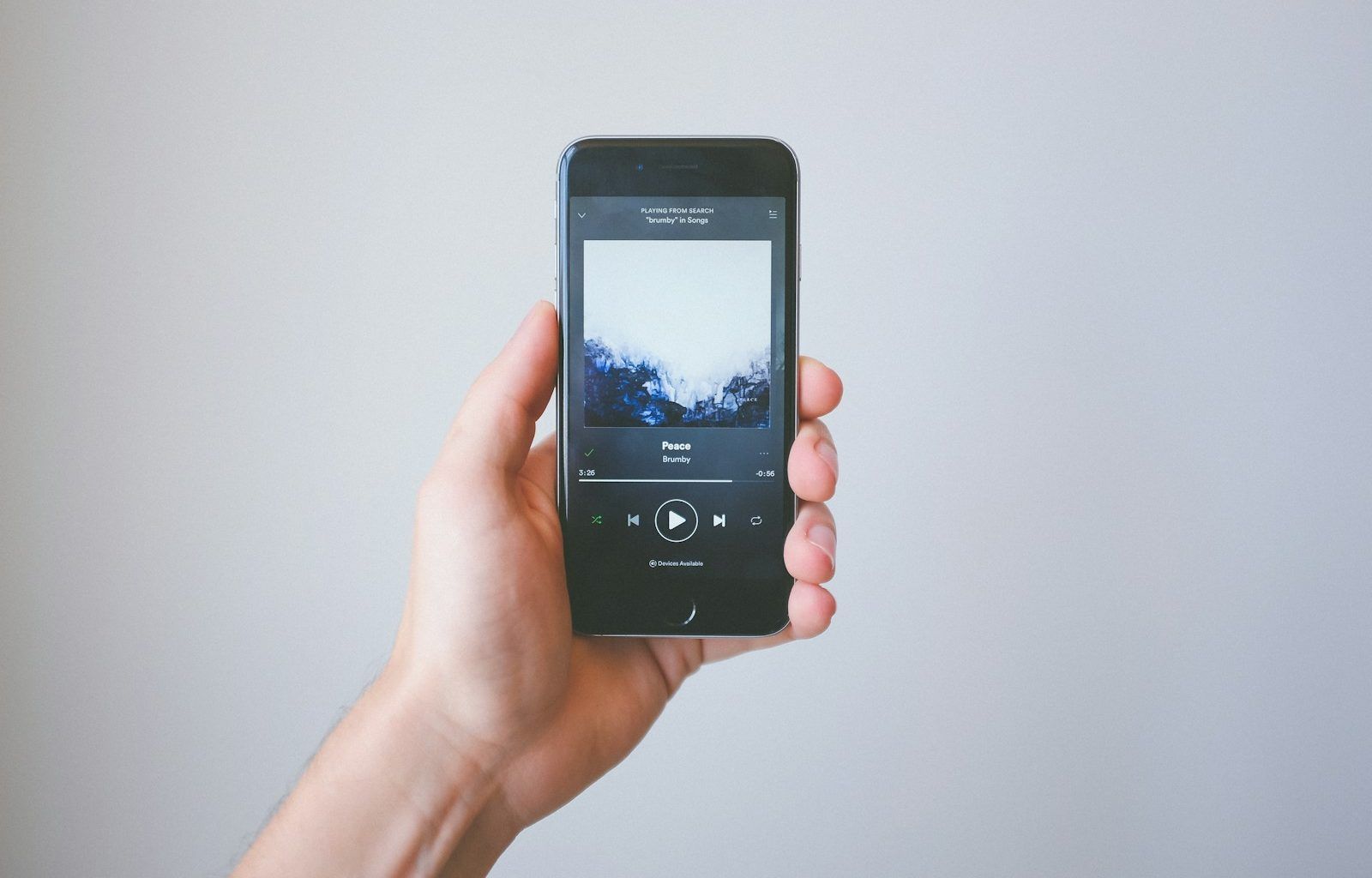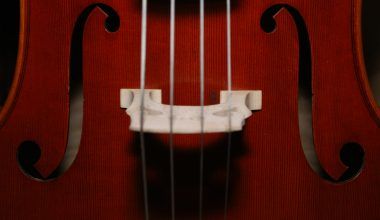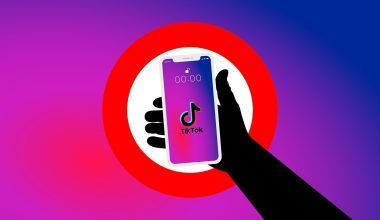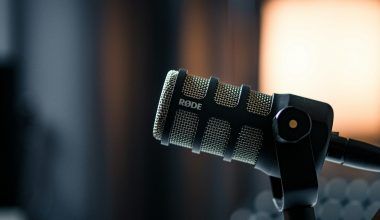Have you ever come across a song title that just didn’t look right? Maybe the capitalization was off, and it made the whole thing seem unprofessional. Song title capitalization might seem like a small detail, but it’s actually a big deal. It’s the difference between a title that stands out and one that feels sloppy. Whether you’re an artist, a music lover, or someone who just wants to know the rules, this guide is here to help you understand the ins and outs of song title capitalization.
Why Does Song Title Capitalization Matter?
First impressions are everything, and song titles are no exception. When someone sees a song title, it’s often the first thing they notice about the track. If the capitalization looks off, it can make your work appear unpolished. Think about it: would you be more likely to click on “Let it be” or “Let It Be”? The latter looks more professional, doesn’t it?
But it’s not just about aesthetics. Proper capitalization helps with readability. A well-capitalized title is easier to scan and understand at a glance. This is especially important in the age of streaming platforms, where your song is competing with millions of others for attention. In short, song title capitalization can affect how your music is perceived and how easily it’s found.
The Basic Rules of Song Title Capitalization
Let’s start with the basics. Most styles of song title capitalization follow a few simple rules. Here’s a quick rundown:
- Capitalize the first and last word of the title.
- Capitalize all major words, which usually include nouns, pronouns, verbs, adjectives, and adverbs.
- Don’t capitalize short conjunctions (like “and”, “but”, “or”), prepositions (like “in”, “at”, “by”), or articles (like “a”, “an”, “the”) unless they’re the first or last word.
For example, a title like “Dancing in the Dark” follows these rules. “Dancing,” “Dark,” and “Dark” are major words and get capitalized. “In” and “the” are not major words, so they remain lowercase.
Style Guides and Song Title Capitalization
Different style guides have their own rules for capitalization. If you’re looking to follow a specific set of rules, it’s helpful to know which style guide you’re using. Here are a few common ones:
AP Style
The Associated Press (AP) style is often used in journalism and media. In AP style, you capitalize the first and last words, as well as all major words. Small words like conjunctions and prepositions are lowercase unless they’re at the start or end.
MLA Style
The Modern Language Association (MLA) style is commonly used in academic writing. Its rules for capitalization are similar to AP style, but it may vary slightly in certain contexts.
Chicago Style
The Chicago Manual of Style is popular in publishing. Like AP and MLA, it follows the general rule of capitalizing major words and leaving small words lowercase unless they’re the first or last word.
Common Mistakes in Song Title Capitalization
Even if you know the rules, it’s easy to make mistakes. Here are some common pitfalls to watch out for:
- Overcapitalizing small words: Words like “and” or “in” should only be capitalized if they’re the first or last word. For example, “Love And War” should be “Love and War.”
- Undercapitalizing major words: Sometimes, people forget to capitalize words that should be capitalized. For instance, “Running on empty” should be “Running on Empty.”
- Inconsistent capitalization: If your song titles are capitalized differently across platforms, it can confuse your audience. Make sure to use the same style everywhere.
Tools to Help You Capitalize Song Titles
If you’re not sure about the rules or just want to save time, there are tools available to help you. Online title case converters can instantly format your song titles according to standard capitalization rules. Some popular options include:
- Title Case Converter
- Capitalize My Title
- Grammarly
These tools can be especially helpful if you’re working with a large number of titles and want to ensure consistency.
When Can You Break the Rules?
While it’s important to follow the rules, there are times when you might choose to break them for artistic reasons. For example, some artists use all lowercase letters for stylistic effect, like “e.e. cummings.” Others might capitalize every word for emphasis, as in “THIS IS WAR.”
The key is to be intentional. If you’re breaking the rules, make sure there’s a good reason for it. Consistency is still important, so if you’re using a unique capitalization style, stick with it across all your song titles.
Why Synonyms Matter in Song Title Capitalization
If you’re thinking about SEO (search engine optimization), it’s worth considering synonyms and related keywords. For example, if your song title uses the word “Love,” think about how people might search for similar titles. They might use words like “Romance” or “Affection.” Incorporating these synonyms into your metadata can help your music reach a wider audience.
Song Title Capitalization Across Different Languages
If your song titles are in a language other than English, the rules might be different. For example, in French, only the first word of the title and proper nouns are capitalized. In German, all nouns are capitalized. It’s important to know the rules of the language you’re working with to ensure your titles look professional.
Final Thoughts
Song title capitalization might seem like a small detail, but it’s one that can make a big impact. By following the rules, using helpful tools, and being consistent, you can ensure your titles stand out in the best way possible. Whether you’re a seasoned artist or just starting out, getting this detail right is a step toward presenting your music in the best light.
For further reading, explore these related articles:
- Taylor Swift Spotify Streams: How She Became the Queen of Streaming
- Mo Bamba Lyrics: The Story of a Song That Took the World by Storm
For additional resources on music marketing and distribution, visit DMT Records Pvt. Ltd..






